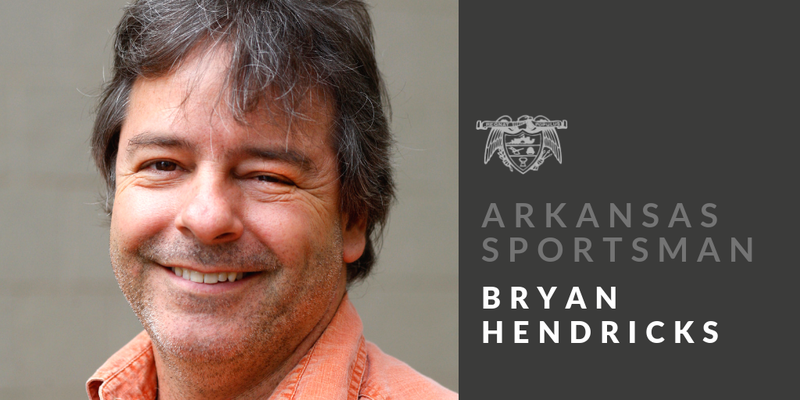A month after duck season ended, Bayou Meto Wildlife Management Area is still underwater and will remain so as long as wet weather lasts.
Arkansas duck hunters are worried about Bayou Meto, which the Arkansas Game and Fish Commission calls the state's crown jewel. The commission is worried about it too because prolonged and persistent flooding threatens the health of the area's red oak timber. Bayou Meto is an important winter habitat for ducks, and it is a vital component in the state's green tree reservoir system.
Floodwaters do not hurt bottomland oaks during winter dormancy. However, spring is coming, and still, standing water does harm oak trees during leaf out. Wet weather patterns strongly suggest that water will remain on the landscape as long as major rivers are high. Only when rivers start dropping will gravity drain the water out of the woods.
Duck hunters mistakenly blame the Game and Fish Commission for the high water. The Bayou Meto Irrigation Project was supposed to solve this problem, but irrigation and drainage canals have not been created to bring water to the pumps.
Jennifer Sheehan, the commission's intergovernmental relations liaison, briefed the commission on the status of the Bayou Meto Irrigation Project on Feb. 19. She said the Corps of Engineers requested $8 million to initiate the Lower Bayou Meto cleanout and $18 million for the upper Bayou Meto Irrigation project. In its 2021 budget, Congress allocated zero dollars to the project despite considerable effort from senators Tom Cotton and John Boozman. That's right, zero.
"Senator Cotton kicked in really hard from what I'm told," said Commissioner Bobby Martin of Springdale.
Commission chairman Ken Reeves of Harrison noted that the Game and Fish Commission is not the lead agency for the Bayou Meto Irrigation Project and does own the project. The commission is, Reeves said, an affected landowner just like every other landowner within the project's footprint.
From this seat in the bleachers, the Bayou Meto Irrigation Project is unfolding very much like the White River minimum flow project. With aggressive prodding by the Game and Fish Commission, Congress gradually sketched in the various elements of minimum flow. When it was finally ready to go online, Congress refused to budget any money to it, which delayed implementation for several years. Meanwhile, the Corps had to conduct environmental impact studies to project the effects of raising the Bull Shoals lake level to provide the additional water necessary for minimum flow. Then, the Corps had to relocate campground facilities and swim beaches uphill so they wouldn't be submerged by a higher lake level.
Of course, the Corps and Southwest Power Association had to install equipment in Bull Shoals Dam to move water from one side of Bull Shoals Dam to the other.
Are you bored yet? I don't blame you. It took about 20 years for all of that to happen. It was like covering a paint drying race.
The Bayou Meto Irrigation Project was introduced in 2005, my first year as outdoors editor for this newspaper. Fifteen years later, we are finally to the point of a budget request, albeit denied. With continual prodding from the Game and Fish Commission, the Corps will keep chipping at it until Congress finally funds the project.
Following the White River minimum-flow timetable, it will probably be at least another five years before Congress antes up some money. Only then will the actual work begin, and completion will take another three to five years.
Bayou Meto's most desirable timber might not survive long enough to benefit. Already, nuttall and willow oaks are being displaced by overcup and water oaks in Bayou Meto, the latter of which produce acorns that are too big for ducks to eat. They prefer the small acorns of nuttall and willow oaks.
Until then, the best we can hope for is a long stretch of drier weather in late winter and spring, which will allow Bayou Meto to drain in a timely manner.
On the other hand, that might also dilute the urgency of the matter, and the Bayou Meto Irrigation Project might be de-emphasized. There's no distinct win-win resolution in sight.
Sports on 02/27/2020
